The rich, the young, the Irish... (B2)
Na Landigo se dnes podíváme na konstrukci THE + přídavné jméno. Používá se pro označení skupiny lidí, např. THE RICH – bohatí, THE YOUNG – mladí, THE FAMOUS – slavní, THE IRISH – Irové.
The rich, the young, the Irish... – procvičování:
This stunning tropical island is getting more and more popular with the rich and the famous.
| Skupina lidí: |
|
the young (people)
|
|
the famous (people)
|

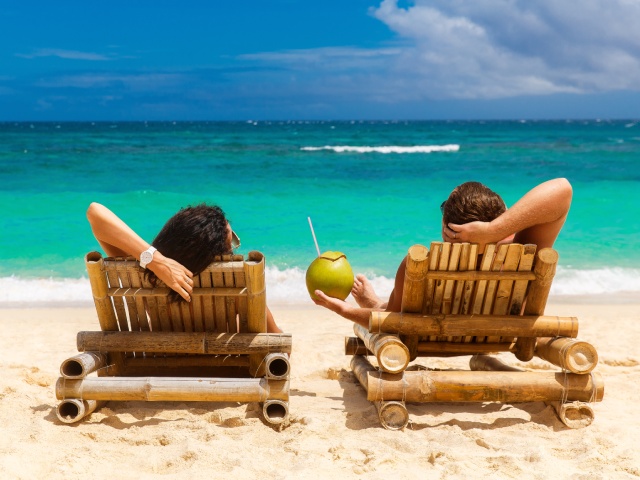
THE + přídavné jméno používáme často pro dva typy skupin:
- Skupina lidí v obecném smyslu:
The bar is frequented by both the young and the old.
- Skupina lidí stejné národnosti:
The Czechs and the Irish are known for their love of beer.
The rich, the young... = skupina lidí obecně
THE + přídavné jméno používáme pro označení dobře známé skupiny/třídy lidí v obecném smyslu. Mezi typické příklady patří:
|
the rich
|
bohatí (lidé) |
|
the wealthy
|
|
|
the poor
|
chudí |
|
the young
|
mladí |
|
the old
|
staří |
|
the elderly
|
postarší |
|
the unemployed
|
nezaměstnaní |
|
the jobless
|
|
the blind
|
nevidomí |
|
the deaf
|
neslyšící |
|
the disabled
|
osoby s postižením |
|
the injured
|
zranění |
|
the sick
|
nemocní |
|
the dead
|
mrtví |
|
the deceased
|





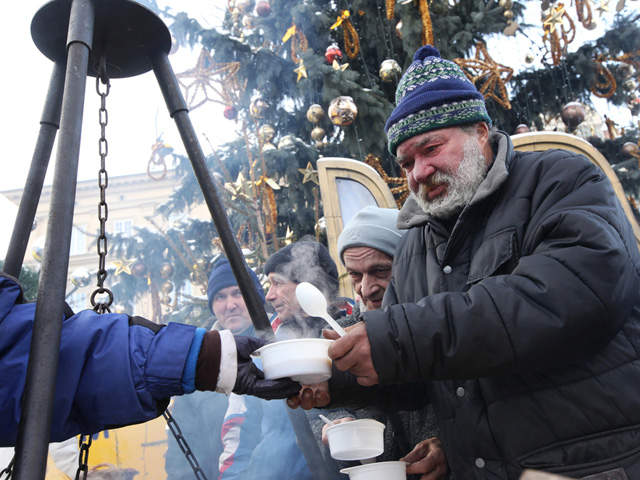

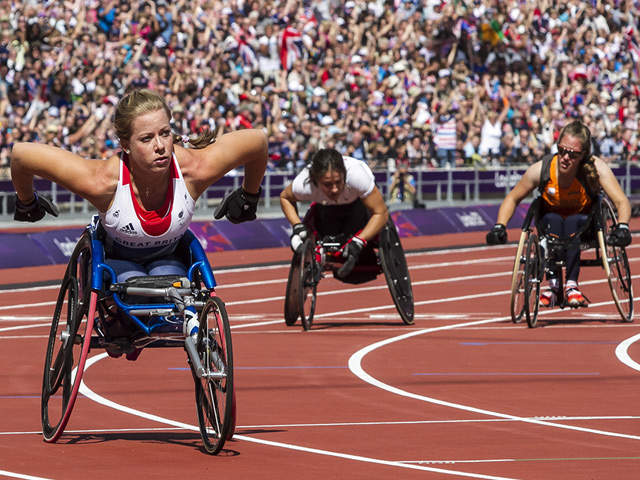
|
The government will need to do something for the poor.
|
|
Finding a job is rather difficult for the elderly.
|
|
The city will provide housing for the homeless.
|
|
Young women are the largest group among the unemployed.
|
|
There have been many complaints about inadequate facilities for the disabled.
|
|
Among the injured was the Home Secretary himself.
|
|
The deceased were in the thousands.
|
|
the famous
|
bohatí |
|
the intelligent
|
inteligentní |
|
the innocent
|
nevinní |
|
the accused
|
obvinění |
|
the strong
|
silní |
|
the weak
|
slabí |
|
the privileged
|
privilegovaní |
|
the underprivileged
|
znevýhodnění |



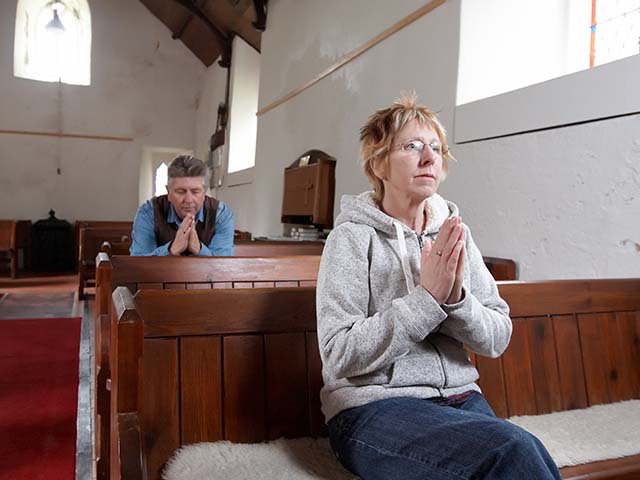
|
The accused were often found guilty and sentenced to up to ten years in prison.
|
|
The king started to imprison the educated to strengthen his power over the nation.
|
|
Permanence, perseverance and persistence distinguish the strong from the weak.
|
|
The privileged shouldn't exploit the unprivileged.
|
Are there any tax breaks for the elderly and the poor in Sweden?
| Starší a chudí lidé: |
|
the elderly and the poor
|
| (= elderly and poor people) |

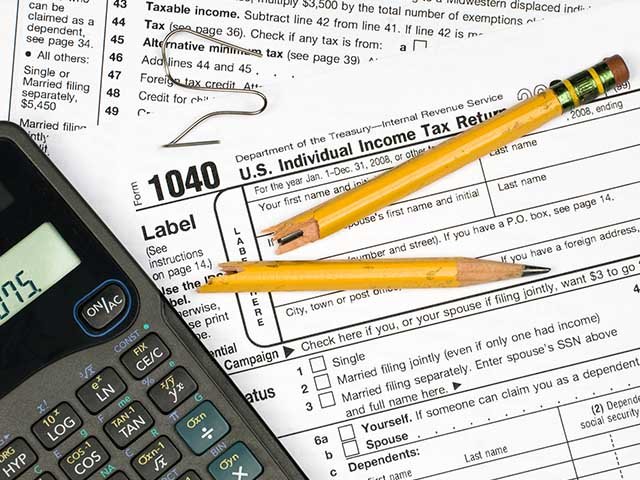
Our hotel welcomes all service animals, especially those leading the blind.
| Nevidomí lidé: |
|
the blinds
|
| (= blind people) |


The deaf use sign language to communicate.
| Neslyšící lidé: |
|
the deaf
|
| (= deaf people) |


The rich people, the rich man = konkrétní skupina nebo jednotlivec
Pokud se jedná o konkrétní skupinu lidí nebo jednotlivce, musíme často použít přídavné jméno + podstatné jméno:
|
George is one of the rich people of our town.
|
|
He's a rich man with an impeccable reputation.
|
|
The event is for the disabled people from Berlin.
|
|
The disabled boy asked me for a lollipop.
|
Neříkáme běžně: George is one of THE RICH of our town.; He's A RICH with...
Why don't we give the homeless man some change? He'd really appreciate it.
| Bezdomovec: |
the homeless the homeless man
|
| Bezdomovci (obecně): |
the homeless
|

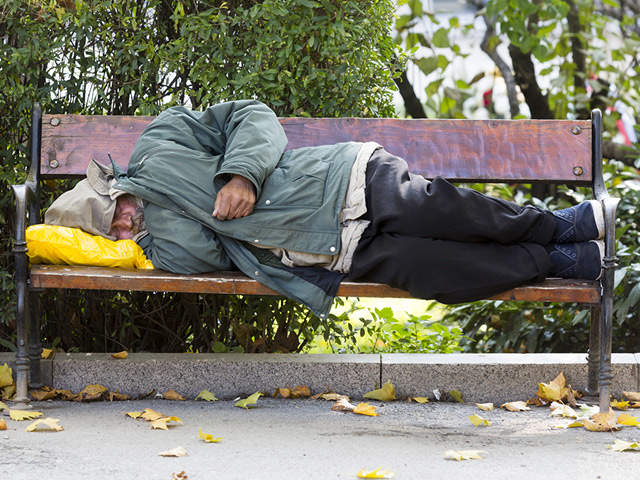
The Czechs, the Irish, the English...
Pro označení lidí stejné národnosti (Češi, Němci, Američané...) použijeme v některých případech THE + přídavné jméno + koncovku -S:
| Přídavné jméno | Lidé stejné národnosti |
|---|---|
|
Czech
|
the Czechs
|
|
German
|
the Germans
|
|
American
|
the Americans
|
|
Russian
|
the Russians
|



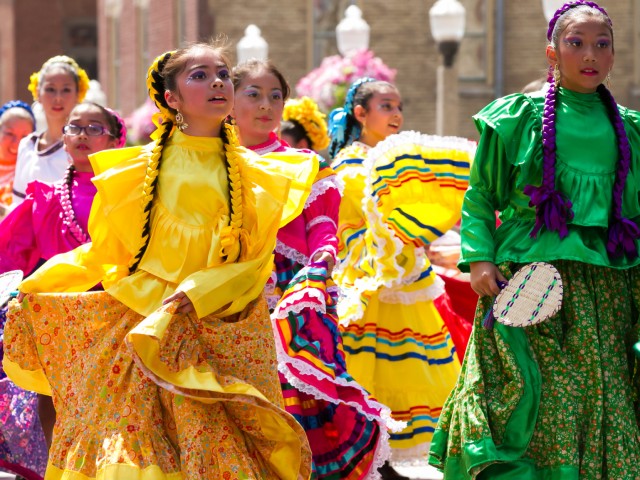

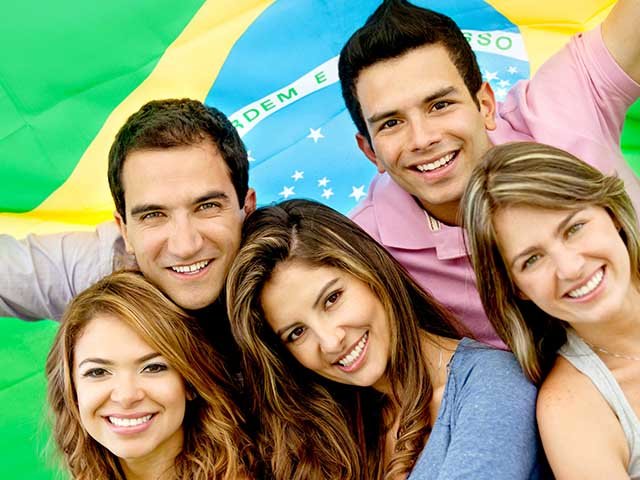

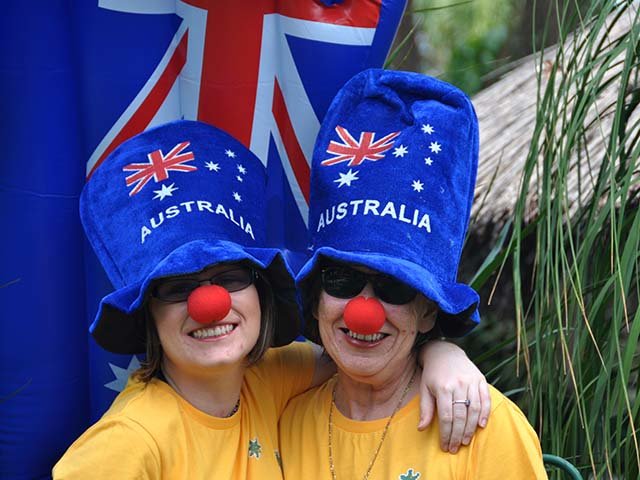
U většiny přídavných jmen končících na vyslovovanou sykavku (obvykle psané -SH/CH/SS/SE) se koncové -S nepřidává:
| Přídavné jméno | Lidé stejné národnosti |
|---|---|
|
British
|
the British
|
|
English
|
the English
|
|
Welsh
|
the Welsh
|
|
Dutch
|
the Dutch
|
|
Swiss
|
the Swiss
|
|
Chinese
|
the Chinese
|
|
Burmese
|
the Burmese
|

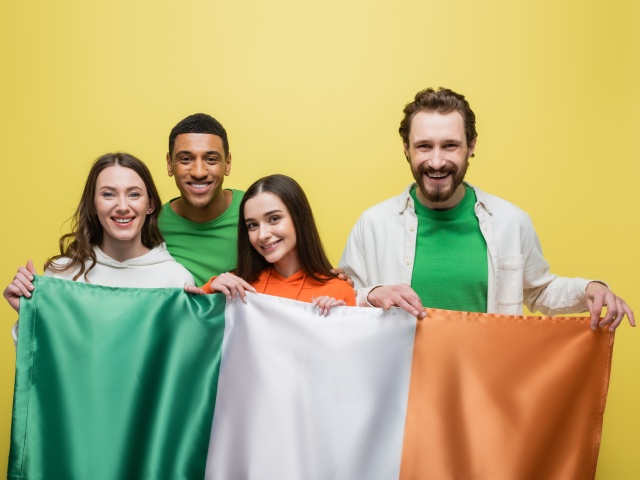

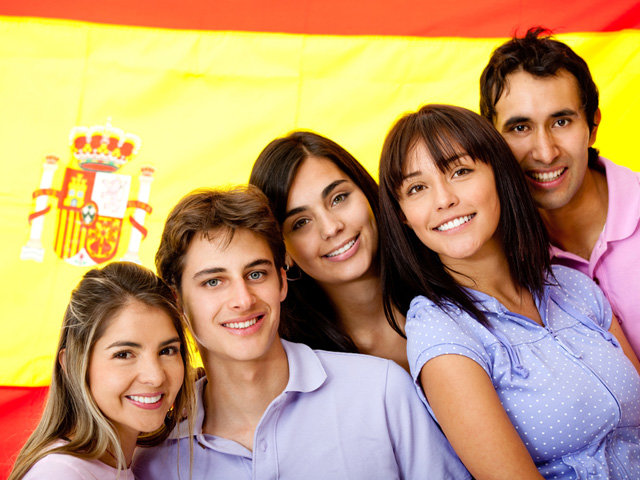



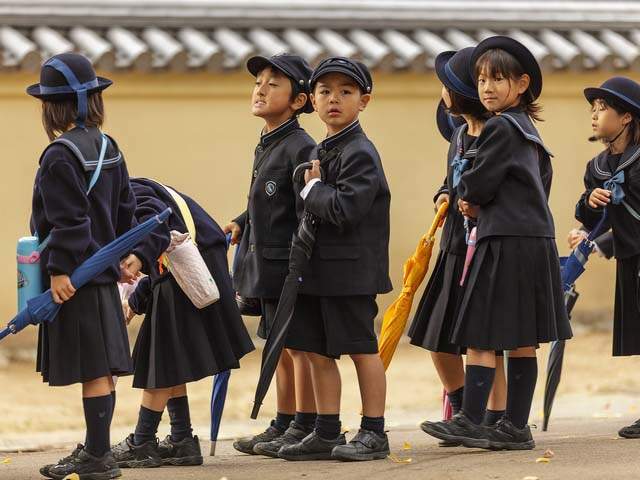
The Indians have a sense of family that is unmatched anywhere in the world.
| Indové: |
|
the Indians
|
| (= Indian people) |

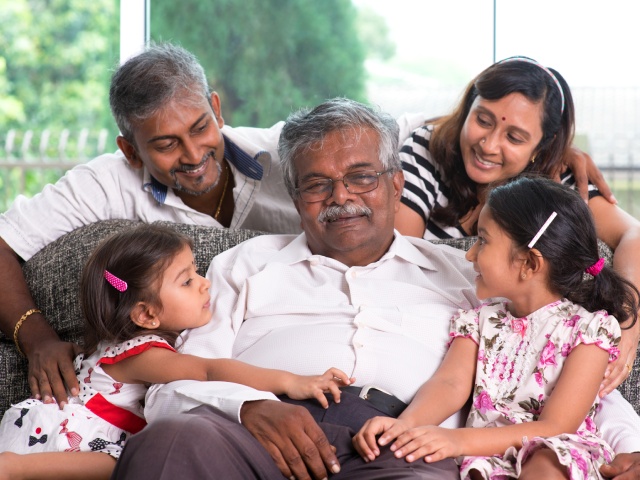
Our base was attacked by the Chinese. It was razed to the ground.
|
the Chineses
|
|
the Portugueses
|
|
the Malteses
|


Would you say the English and the Germans have a lot in common?
|
the English
|
|
the French
|
|
the Germans
|
|
the Slovaks
|

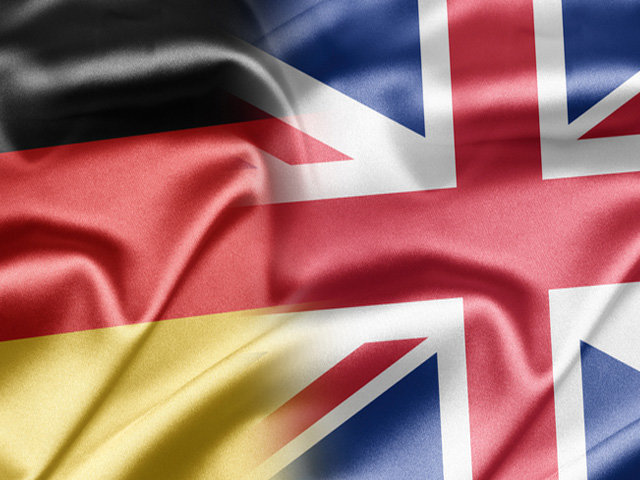
The delicates, the whites, the darks = delicate/white/dark clothes
Přídavné jméno s koncovkou -S někdy používáme pro označení skupiny věcí:




Don't forget to wash the lights and the darks separately!
| Světlé prádlo: |
the lights
|
| Tmavé prádlo: |
the darks
|


The rich, the young, the Irish – nejdůležitější body a tip na závěr:
- Skupina lidí v obecném smyslu → the rich, the young, the famous...
- Skupina lidí stejné národnosti → the Czechs, the Germans, the Irish...
- Skupina věcí → the delicates, the whites, the darks...
- Doporučujeme si procvičit THE RICH, THE YOUNG, THE IRISH... v našem cvičení.
